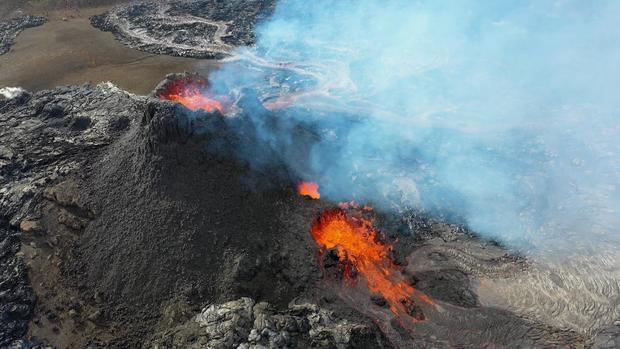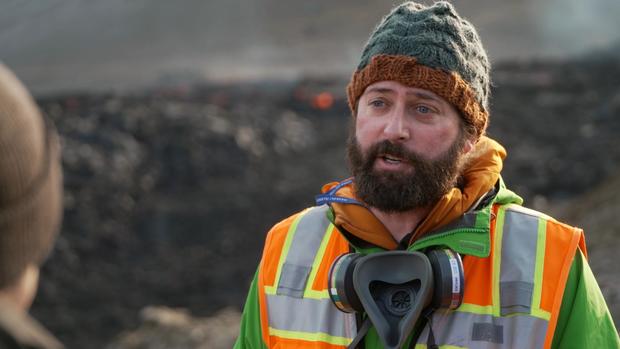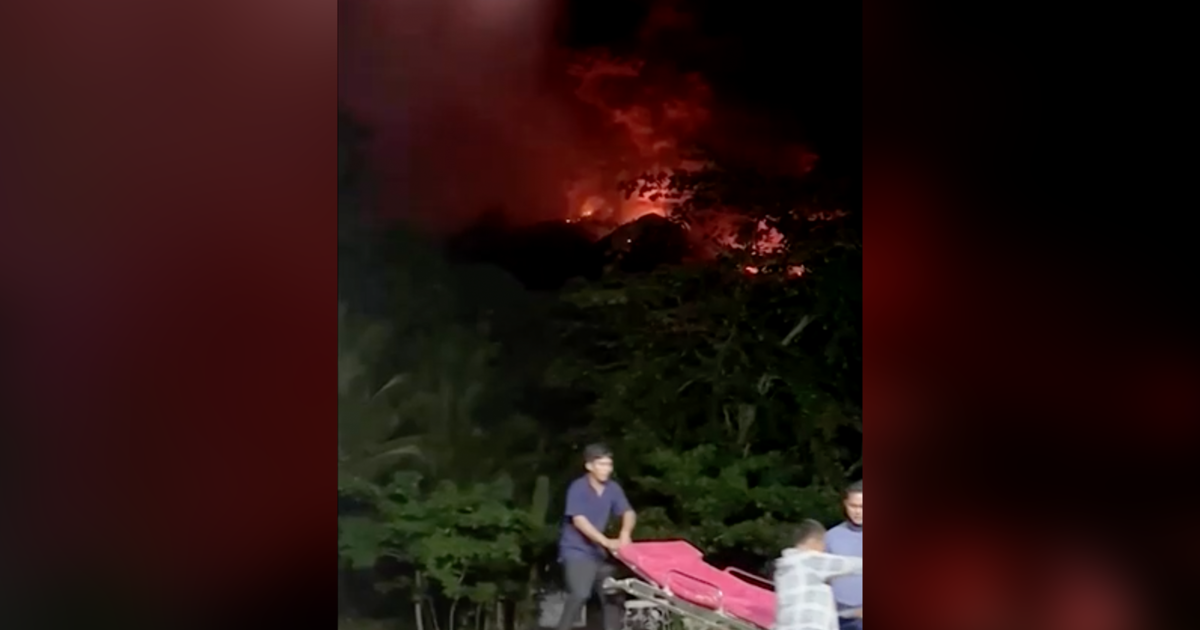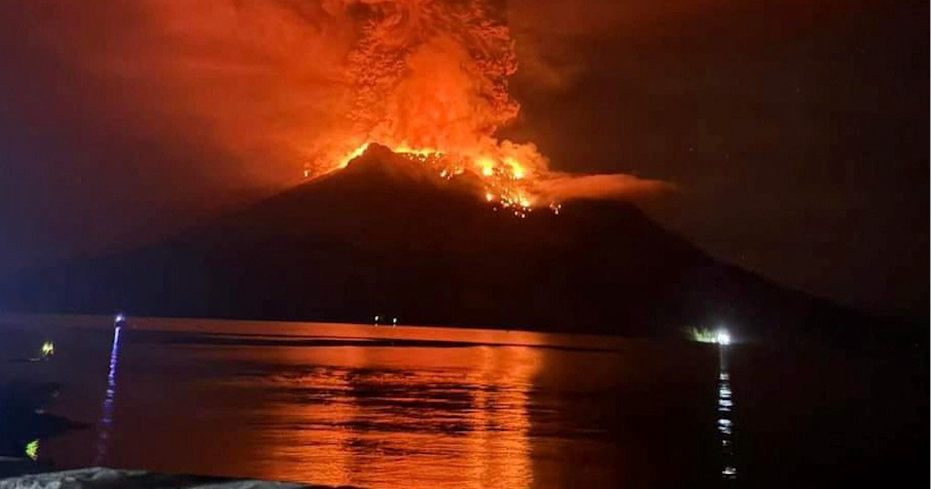Iceland's newest volcano provides insight into Mars
This week on 60 Minutes, Bill Whitaker traveled to the Geldingadalir valley in southwest Iceland. In March, more than 30,000 earthquakes shook this southwest corner of Iceland. Some tremors lasted only a few seconds. Others clocked in at 5.4 on the Richter scale.
On March 19, volcanologists reported the world's newest volcano had burst open, marking the first time in 800 years a volcanic eruption occurred on this strip of land. Quickly, scientists scrambled to reach the area. Only 20 miles from Iceland's capital Reykjavik, the ease of access provided an opportunity for scientists to collect data that is often lost at more hazardous or remote volcanic eruptions.
Christopher Hamilton is an associate professor of planetary sciences at the University of Arizona. He is also an adjunct professor at the University of Iceland. He happened to be in the country on sabbatical—and couldn't believe his luck—when the volcano erupted. Unlike some of the other scientists in Geldingadalir trying to unlock the secrets of the earth, however, Hamilton's interests went far beyond this planet.
"I come here…to be able to use this as a window to study other planets," Hamilton said. "The landscape here, with relatively barren vegetation, is very similar to what we see in the… Martian environment."
Hamilton received a three-million-dollar grant from NASA to develop a drone that will fly on Mars. It's called RAVEN, which stands for Rover—Aerial Vehicle Exploration Network. Hamilton explained that instruments used in space need to be tested in different environments. He told us Iceland is the perfect substitute for the rugged volcanic landscape found on Mars. With its barren icefields, huge lava fields, and constant volcanic activity, Hamilton said Iceland is the perfect test environment for the drone project.
Part of NASA's Mars 2020 Mission, the Ingenuity helicopter successfully tested powered flight on Mars for the first time in April. This helicopter was equipped with two cameras, one for navigation and one for imaging. It accompanied the rover Perseverance, and together the crafts tested how helicopters and rovers can work together on Mars.
"This is a truly transformative technology, and one of the things that we're testing in Iceland are the next generation of systems like that," Hamilton said.
The RAVEN drone will work with a rover by flying ahead of it and sending back data to its four-wheeled "boss" to generate 3D maps. It will explore previously inaccessible areas on Mars, and have a claw that can retrieve Martian rocks and deliver them to the rover.
"The drone has completely revolutionized the way that we do fieldwork," Hamilton told 60 Minutes Overtime. "If you could send a drone with a claw or a drill to be able to acquire a sample and bring it back to a rover, that provides a radically new paradigm for being able to explore the really rugged parts of Mars that we haven't been able to get to on the ground."
RAVEN is scheduled to be a three-year project. Christopher Hamilton's team hopes to test a prototype by 2022, and to publish technological recommendations for NASA by 2023.
The video above was produced by Will Croxton and Jacquelyn DiNick. It was edited by Will Croxton.
Photos and video courtesy of Christopher Hamilton, University of Arizona and Getty Images.





